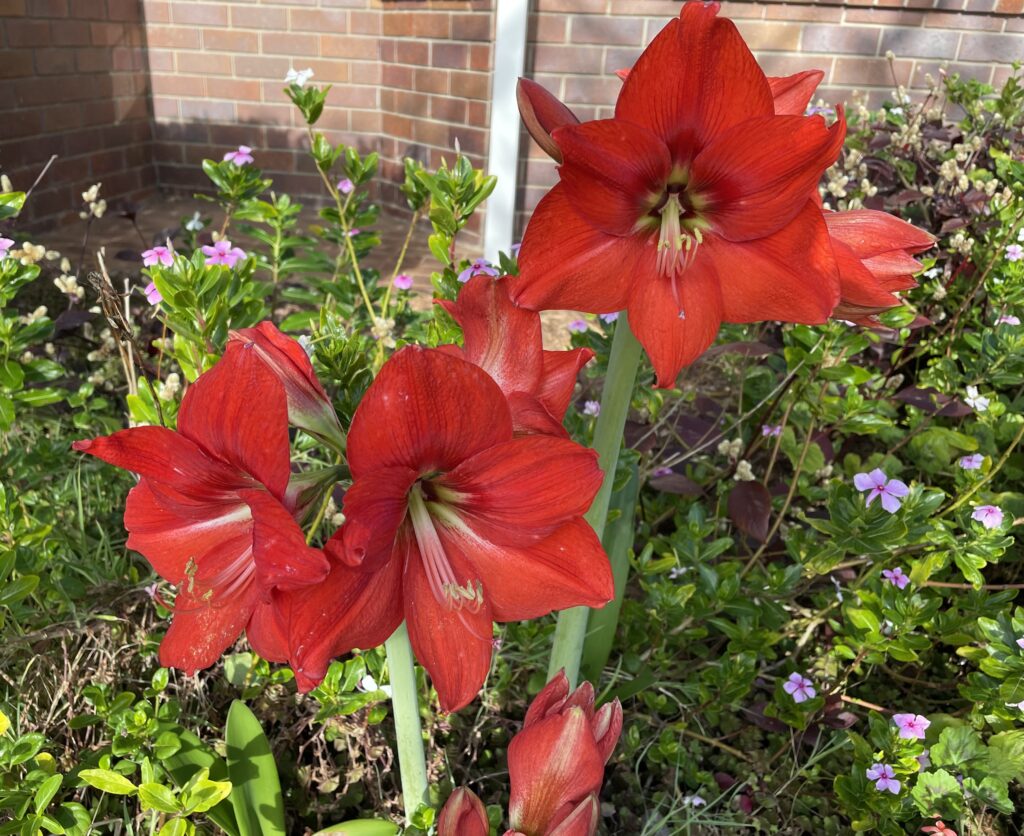It was a sobering news item. The BBC mentioned that as of January, 2021, two million people had died as a result of the pandemic encircling the globe.
In one short year, the world – as I have known it during my lifetime – has dramatically changed.
This is a momentous time in history. Will life ever return to “normal”, as it was before the pandemic? Or, are we in a time of global transformation not seen before in our lives?
Such a time as we are in can make us think deeply about life, and lead us to discover what is truly important and lasting. This knowledge can help us not fall prey to anxiety, despair, or even depression.
Here are four realities that I have pondered in the midst of the present uncertainty.
Life is a precious opportunity
Despite the pandemic, we can still cherish life and appreciate its freedoms and opportunities – and that we can yet set goals and pursue dreams. May we make our lives meaningful in developing ourselves and serving others. When older age, sickness, or disability arrive, we will no longer have the same energy, abilities, or freedoms.
Everything is impermanent and subject to change
Down through history, pandemics, wars, and natural disasters have drastically affected populations and even destroyed civilizations. From the burning out of suns in the cosmos to the changing of seasons on earth, everything is impermanent. Our own lives are temporary and death is certain (although the timing generally remains uncertain). May we learn to accept whatever happens in life with an open heart and mind – and to turn setbacks into stepping-stones to future success. And, knowing that life is impermanent, may we not be surprised that all sorts of changes happen in everyone’s life, sometimes totally unexpected – some good, others difficult and painful.
We largely shape our own destiny
Life shows that when causes and conditions come together, an effect is sure to follow. However, karma – the results of actions – is complex. Nevertheless, it’s true that the quality of our life is affected by the quality of our own thoughts, words, and deeds. And so, we can’t blame others, or circumstances, for all the mishaps and problems we face in life. Also, the suffering of people is often produced by their own mind. Therefore, may we be on guard against self-created suffering and free ourselves from any self-made misery.
This world cannot bring us lasting satisfaction
Even though we can delight in many good things in life, this life cannot bring us the perpetual safety, happiness, and satisfaction we all yearn for. And since life is transitory, the time will come for each of us when we will have to leave this world. No one can stay here for good – be they powerful, famous, influential, rich, or poor.
So, as we hear the daily worrying news about the pandemic and associated issues, may these four reflections help to put our transient life into a better, more realistic perspective and help us make the most of our situation, whatever it is.
See how
All that is born dies,
All that is hoarded runs out,
All that is gathered gets separated, …
(Shabkar)
Written by Alexander Peck; edited by Eva Peck.

As Buddhists, we regularly reflect on death as an essential part of our practice.
Even so, we may find that we have not thought through what kind of a mess and confusion we might inadvertently be leaving behind for other people to clear up.
It is considerate to those we leave behind to have all our affairs in order. Since we do not know when we are going to die, this means getting them in order right away.
Having done this, when the time does come to die we and our loved ones can focus all our attention on connecting to the path of Awakening rather than worry about practicalities such as our will, our wishes in regard to our property, our funeral, and so on.
(Hookham, Lama Shenpen. There’s More to Dying than Death: A Buddhist Perspective. Cambridge, UK: Windhorse Publications, 2006.)
